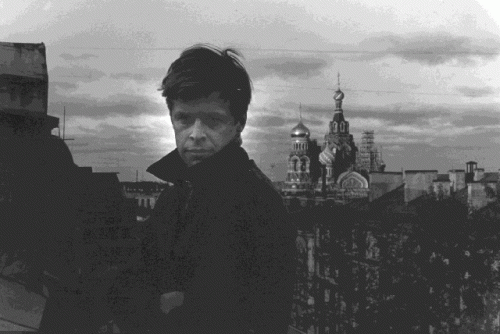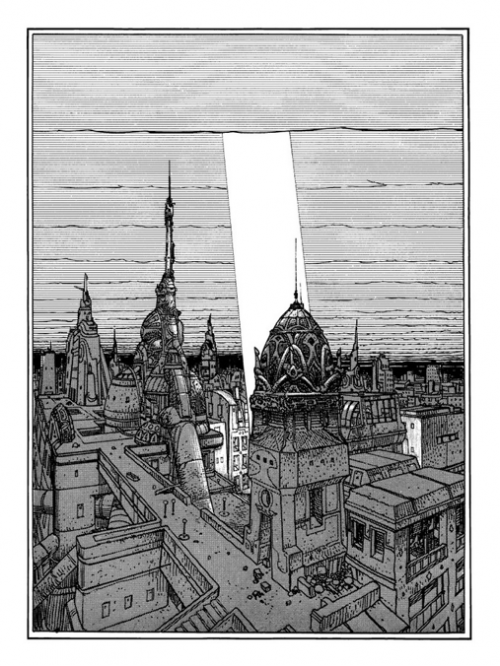
Mikhail Shishkin made his literary debut in
1993 and swiftly went on to win acclaim as one of the greatest living
contemporary Russian writers. He is the first author to win all three of the
major Russian literary prizes- the Russian Booker, the Big Book Award, and the National
Bestseller Award- while his work has been translated into twenty five languages.
In fall 2012, Open Letter will publish his novel Maidenhair, in translation by Marian Schwartz; while in 2013 the
British house Quercus will publish Letter-Book
in translation by Andrew Bromfield. In anticipation of his appearance at this
year’s BEA, regular Publishing
Perspectives contributor Daniel Kalder spoke to him about literature, exile
and creating a new language.
You
moved to Switzerland in 1995, when you were already in your mid thirties. Were
you concerned that distance and detachment from Russia would alienate you from
the language and subject matter? How did that “exile” affect you as a writer?



